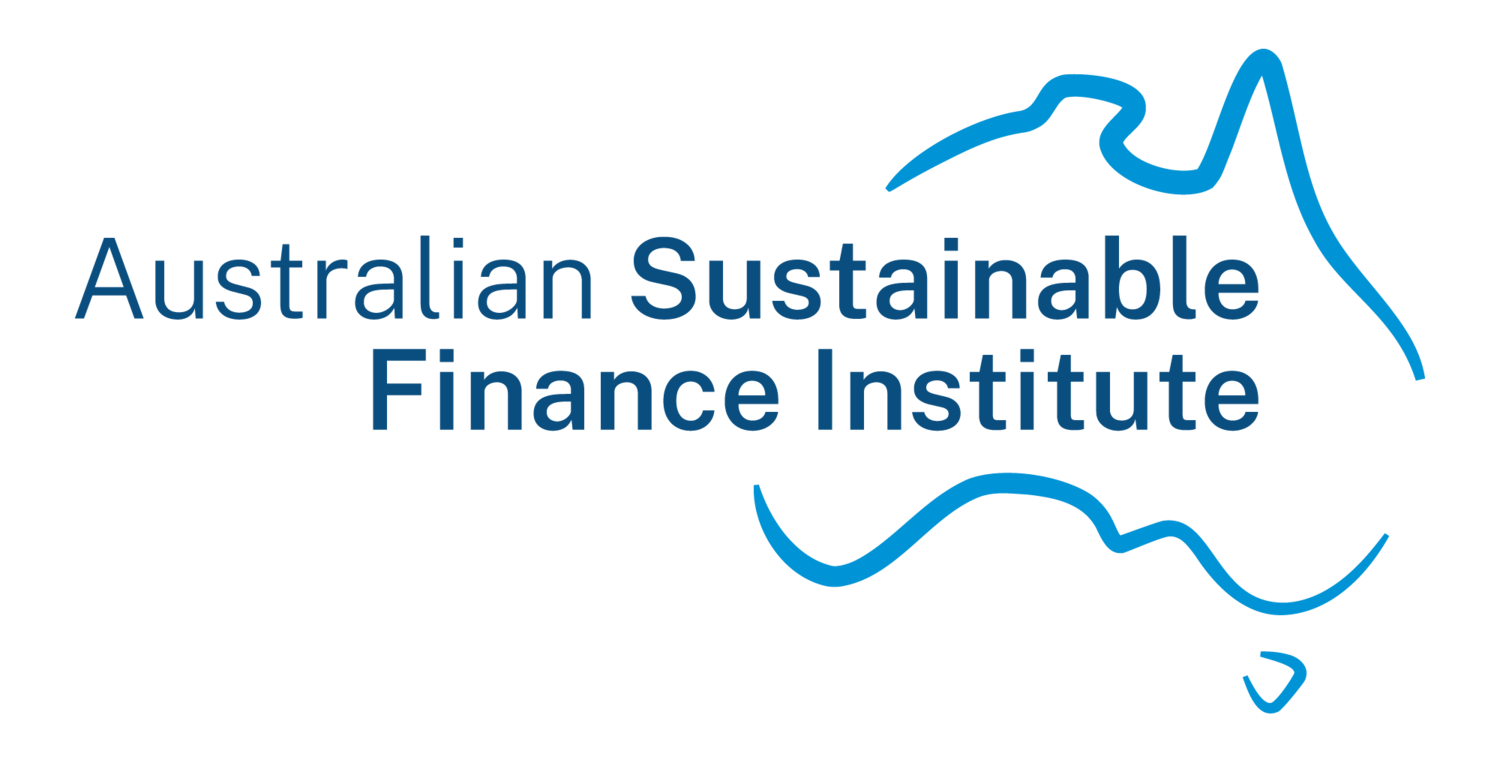Release of the Sustainable Finance Strategy Consultation Paper
Treasury has released the Government’s highly anticipated Sustainable Finance Strategy consultation paper. The paper proposes a range of measures to underpin development of Australia’s sustainable finance markets including: sustainability product labelling; a stewardship framework; and support for credible transition planning. It also seeks feedback on critical questions such as the future of the Australian sustainable finance taxonomy, and how to address sustainability-related data challenges.
ASFI welcomes the paper, and especially welcomes the Government’s clear commitment to addressing broader sustainability related issues over time – including nature, and First Nations outcomes. This will ensure Australia keeps pace with international developments while creating a more resilient, sustainable and fair financial system.
In recent times Australia has gone from ‘laggard’ to ‘early follower’ on sustainable finance. This Strategy positions Australia to take a leadership role in support of our net zero and renewable energy superpower ambitions. We look forward to a continued collaboration between government and the finance sector to make this happen.
